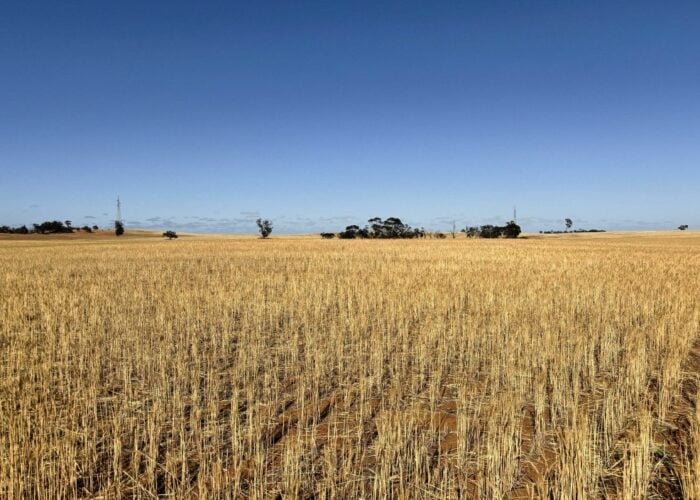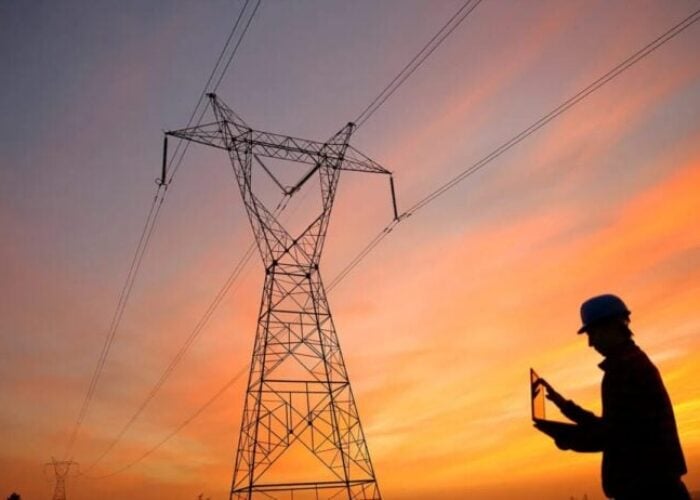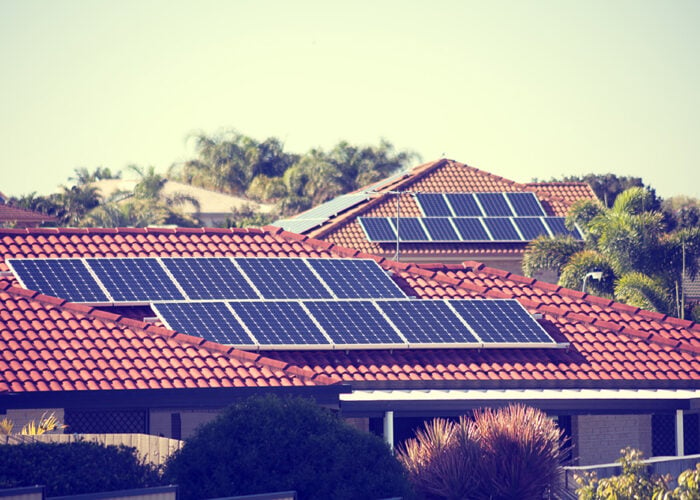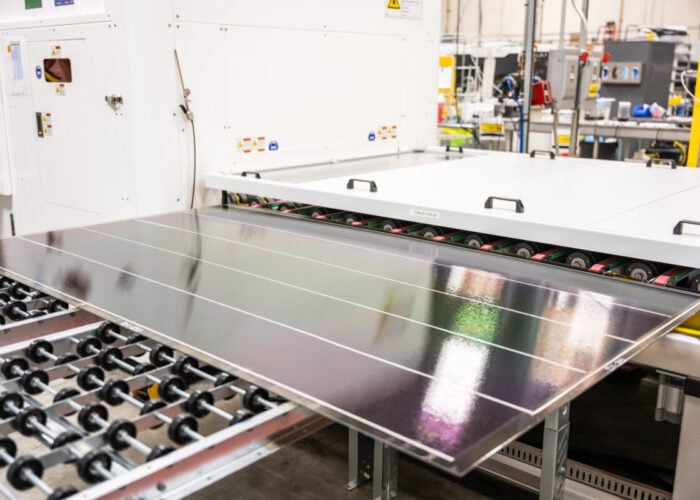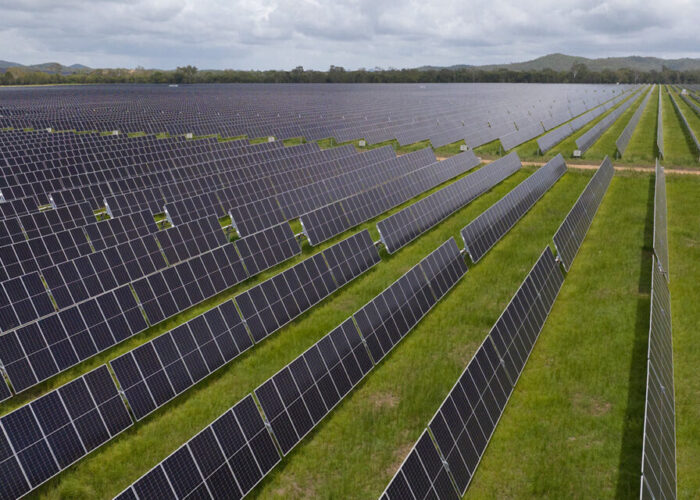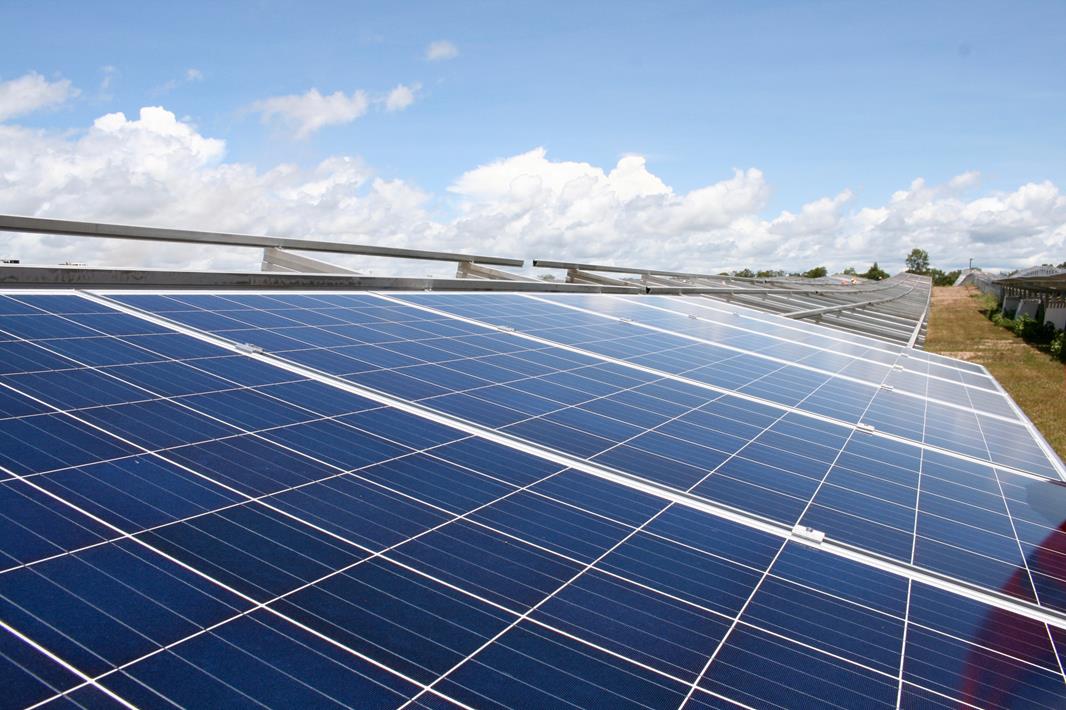
The cost-effectiveness of solar panels as well as new technology that allows households to sell surplus power to the grid will both be explored under two separate initiatives announced by the Australian Renewable Energy Agency (ARENA).
The agency has awarded AU$15.14 million (US$10.8 million) in funding to 16 projects to support solar PV research and development in the following areas: advanced silicon, tandem silicon, new materials development and sustainable end-of-life management of panels.
Unlock unlimited access for 12 whole months of distinctive global analysis
Photovoltaics International is now included.
- Regular insight and analysis of the industry’s biggest developments
- In-depth interviews with the industry’s leading figures
- Unlimited digital access to the PV Tech Power journal catalogue
- Unlimited digital access to the Photovoltaics International journal catalogue
- Access to more than 1,000 technical papers
- Discounts on Solar Media’s portfolio of events, in-person and virtual
This is the first time that ARENA has sought applications for addressing solutions to end-of-life solar PV issues. Selected projects will also aim to improve the efficiency and cost-effectiveness of solar PV for new or established applications and develop new materials with the potential to either reach breakthrough cost-efficiencies or for new deployment applications.
“A key part of the funding round was finding a solution to the end-of-life of solar panels and we’re excited to see some interesting new research into this area,” said ARENA CEO Darren Miller. “It’s an important part in our transition to renewable energy as we need to ensure that materials used in solar panels can be recycled or repurposed for future use.”
Funding has been awarded to teams from six Australian universities: the Australian National University, Macquarie University, University of Melbourne, University of New South Wales, University of Sydney and Swinburne University.
After securing AU$2.5 million as part of the initiative, University of Sydney professor Anita Ho-Baillie will lead a team looking at the energy-conversion efficiencies and durability of emerging silicon-perovskite photovoltaic cell technologies.
“Perovskite solar cells are really hitting their stride now,” professor Ho-Baillie said. “Apart from being cheap and easy to produce, these solar cells can be combined with the incumbent silicon technology to boost efficiency. Now we want to make sure these cells are able to last a long time to make our technology truly cost-effective.
“We will also use the funding to support our new approach where we stack two layers of perovskite cells on top of a silicon cell to get as much energy out of the sun as possible.”
Smart inverters may reduce rooftop solar constraints
ARENA is also backing a trial that will enable Australian households to sell surplus solar energy to the grid in areas where the network is constrained due to high levels of rooftop PV.
In an Australian first, the one-year programme will test a flexible connection for up to 600 rooftop solar customers in South Australia and Victoria, providing them with an alternative to the zero or near-zero export limits that apply in their areas. This would allow them to be paid for exported energy.
To achieve this, the project will deploy flexible connection technology that enables inverters to automatically adjust export limits every five minutes based on signals received from the distribution network.
ARENA has announced AU$2.09 million (US$1.49 million) for electricity distributor SA Power Networks to carry out the project. Also taking part in the trials are energy company AusNet Services, solar inverter manufacturers Fronius, SMA and SolarEdge, and energy management provider SwitchDin.
According to ARENA, most rooftop solar systems in Australia lack the ability to intelligently control the amount of electricity exports to the grid, resulting in local distribution networks in areas with high rooftop solar uptake becoming congested. Meanwhile, as more households install rooftop PV and network constraints increase, new solar customers will face limits that prevent them from selling electricity back to the grid, creating a system where late adopters are constrained.
If the trial is successful, the approach may create a new solar connection agreement that could be adopted by any compatible solar inverter product and any network across Australia.
ARENA CEO Darren Miller said: “Currently less than 10% of rooftop solar systems installed across Australia operate with smart control systems, which means many people are limited by what they can export back into the grid. If the trial is successful, it should help more customers sell more of their energy into the market and benefit from cost savings on their energy bills.”
The trial joins other SA Power Networks initiatives as it aims to support more distributed energy resources and double the amount of solar it can accommodate on its network by 2025. Mark Vincent, general manager of strategy and transformation, said the electricity distributor is looking at smart solutions, rather than expensive network capacity investments, to reach that goal.

